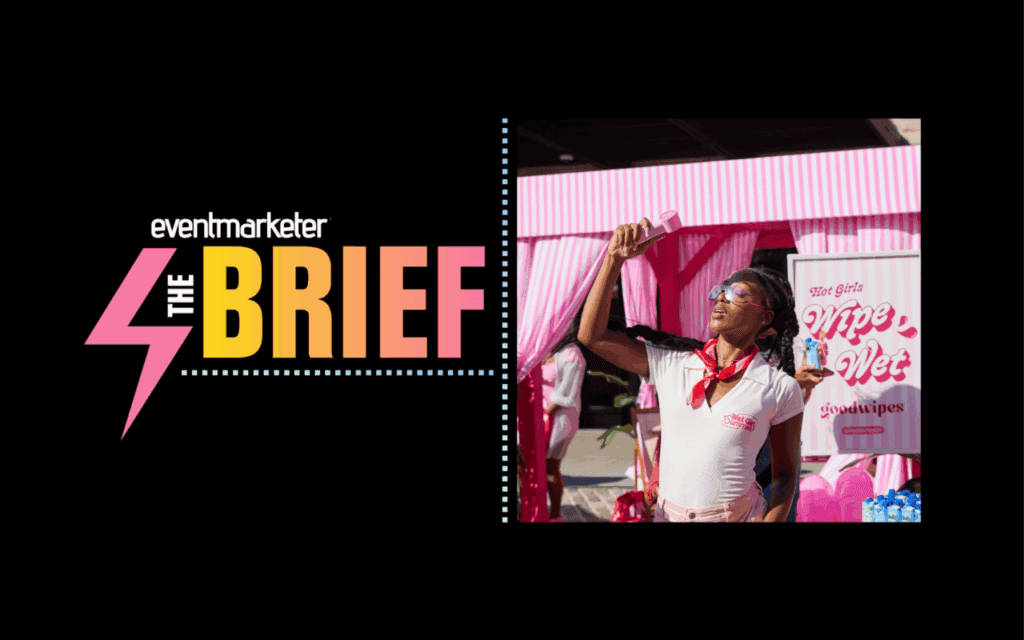
Interbrand annually ranks in the top 100 global brands. Here’s their top 10 in descending order from 2009: Disney, Intel, Toyota, Google, McDonald’s, Nokia, GE, Microsoft, IBM and Coca-Cola.
Now quick, tell me the celebrity spokesperson for each brand. Hard pressed? That’s because they don’t have one.
Now, if celebrity endorsers were critical to a brand’s success, don’t you think the majority, heck even the minority, of the top global brands would be knocking on their doors?
TAKE YOUR TIME
Yes, there can be risk/reward with a well-known face or figure, but building brands is a process. It takes time. In our uber-frantic gotta-have-it-now world, most marketers need results right away and feel that a well-known personality can lead them faster to the promised land of high return on investment.
The major exception is Nike (sorry, Thigh Master and Suzanne Somers), which has relied heavily on famous sports endorsers to move its merchandise. There are always a few exceptions to the rule. They have Michael Jordan and Tiger Woods.
But what most people fail to realize is that while Tiger Woods was flacking Nike Golf, he was also plugging Buick — and Buick’s sales actually decreased! Did he help, hinder or make any difference at all to the other firms he pitched?
TIGER’S TOLL
The reward, even when it comes, may not be worth the risk. Several articles since the alleged Tiger Woods infidelity hoopla have asserted that his sponsors stand to lose between $5 billion and $12 billion due to the negative hit his image has taken. Did he make them that much?
Great brands are built by delivering on a promise. They are unique and different and represent a value-to-price equation. Again, look carefully at the list of the top 100 brands and ask yourself what makes them different in your mind, or better yet, in the minds of the people who would buy them. Celebrity endorsement undoubtedly is not at the top of the list, if it’s present at all.
Besides the “what did they do wrong” factor, you have overexposure and bad matches — think Tiger Woods and Buick.
The fact is that the landscape is littered with celebrity endorsements that failed. Consider Jenny Craig’s use of Kirstie Alley to lose weight, or James Garner’s endorsement of beef — he later suffered a heart attack and underwent triple bypass surgery.
Want more failed endorsements? How about Michael Jackson and Britney Spears for Pepsi? Kobe Bryant for Sprite and others? Michael Vick for Nike? Whoopi Goldberg for Flooze.com? (Does anyone even remember Flooze.com?)
Would you buy from Priceline because William Shatner appears in its commercials? Do you think he even uses Priceline? Did you purchase a pair of Shaquille O’Neal shoes because they have his name on them? Aren’t new sneakers always supposed to make you run faster?
What about prescription and OTC medicine? Has any celebrity endorser made you want to run out and buy their product? Not me.
A few years back Reebok spent $25 million on an ad campaign for two track and field stars, Dan O’Brien and Dave Johnson, as they entered the Olympics. Dan captured zero medals. Dave won a Bronze. Could the problem have been their footwear? Recently, Adidas spent $50 million on a campaign that featured Muhammad Ali’s daughter Laila. Do you remember it, and did you purchase Adidas products because of it?
Stick to the basics. Develop and follow a comprehensive marketing plan, and test, track, measure and analyze all you do. You will have much more success with your ROI using these methods than you will by shelling out millions to have folks pitch your wares.
Got a topic you’d like to suggest for a “Thinking Out Loud” debate? E-mail beth.negus@penton.com or brian.quinton@penton.com
SAVE YOUR $$$ – LEAVE THE STARS IN THE SKY
Grant A. Johnson (grant.johnson@johnsondirect.com) is CEO and creative director of Johnson Direct LLC.
 Network
Network

